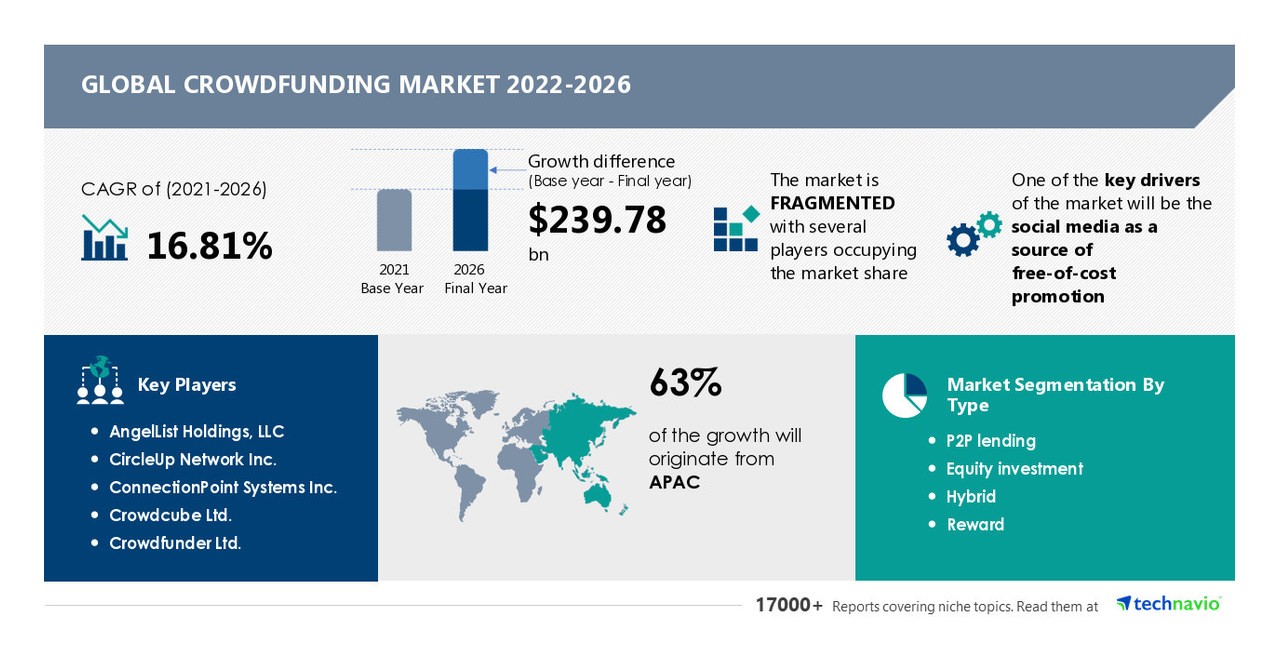Anyone interested in investing has heard of crowdfunding. This is a special type of financing based on attracting small amounts of money from a large number of people. Basically, crowdfunding campaigns are conducted on the Internet, but this method of obtaining funding dates back to the days when online communities did not existed. In Muslim countries, crowdfunding in its modern sense originated in the time of the Prophet Muhammad himself (peace and blessings of Allah be upon him). In this article we will talk about how the practice of crowdfunding in Islam helps people to multiply funds, how it correlates with Shariah laws and also we will understand how modern financial technologies transform this sphere of economic relations in the Muslim community.
Back to the history
One of the earliest examples of crowdfunding is the precedent of the release from slavery of an outstanding companion of the Prophet (peace and blessings of Allah be upon him) Salman Al-Farisi (peace and blessings of Allah be upon him). This former Persian slave had made a freedom pact with his master in exchange for three hundred palm trees that he was supposed to plant for him.
The Prophet (peace and blessings of Allah be upon him) He said to his companions: “Help your brother.” They all hurried to bring one palm tree each, and when the required number of trees was gathered, the Prophet (peace and blessings of Allah be upon him) came and planted them with his own hand. It can be assumed that throughout history there have been many similar cases of crowdfunding in the Muslim world. And although the very concept of collecting something to perform a certain task has been known at least since medieval times, the word “crowdfunding” appeared quite recently (in 2006) and is associated with the election campaign of US President Barack Obama.
As part of the pre-election Internet campaign, the concept was used, according to which each person contributes a small amount of only $ 1 to finance it. This not only allowed Obama to raise huge amount of funds for his election campaign, but also, one can assume, to some extent freed American politics from the influence of rich, influential donors and various lobbying political groups. Today, crowdfunding campaigns use the power and reach the Internet and can attract a huge number of people to finance their ideas, noble deeds and even environmental projects, regardless of where they are located.
Psychologically, crowdfunding involves small sponsors in projects on a more personal level, identifying them with a specific case and giving them a sense of satisfaction that they have contributed to the success of an enterprise or project to some extent, especially one that brings social benefits, for example, the development of a new drug. And for companies involved in raising funds for the implementation of their project, there is no need to follow the rules established by large investors and corporations.
But the most important factor influencing the popularization of crowdfunding is the fact that it overcomes the restrictions and bureaucratic red tape of banks, which make obtaining funds a tedious and often fruitless occupation for a small startup or business. Banks are still the club of the rich, helping the rich get richer and widening the gap between rich and poor.

Crowdfunding in Islam
Most muslims and people of other faiths prefer to invest in so-called Islamic crowdfunding. This is due to the fact that Shariah law, on which the practice of fundraising is based, is the most ethical investment model. Islamic crowdfunding prohibits any form of interest collection and financing of business related to vulgar entertainment.
In addition, Islamic crowdfunding also offers investors greater protection compared to conventional crowdfunding. This is due to the fact that the rules of Islam and Shariah impose a high degree of responsibility on those who manage funds (crowdfunding platforms), and prevent unnecessary speculation and investment in sectors that do not comply with Shariah. Islamic crowdfunding platforms can offer investors a wider range of halal investments than those provided by their traditional counterparts.

In its main form, crowdfunding works by financing the project at the expense of collected funds from communities, which does not contradict the norms of Islamic finance. Crowdfunding investments are not prohibited, but, like any other form of investment, platforms offering such services must be tested. There is no contradiction between the crowdfunding function and Islamic principles, however, there are several differences in the use and offerings of the platforms that distinguish them from each other. These include the fact that Islamic platforms do not deal with interest, while conventional P2P financing platforms usually provide this as an incentive for users. In addition to this, such platforms may include non-halal crowdfunding projects, such as gambling, alcohol, etc.
The concept of Islamic crowdfunding
Muslim countries face a large imbalance in the distribution of wealth, because in some countries there is a lot of it, and in others there is often not enough. Crowdfunding can narrow the gap in the well-being of the community (umma) by directing money to joint investments. During the life of the Prophet (peace and blessings of Allah be upon him), crowdfunding was not specifically mentioned or defined as a service, but served as a tool for empowering the Umma to preserve wealth and maintain economic balance. Crowdfunding investment platforms are not only permissible within the framework of Sharia, but there is a great obvious need for such platforms to take an increasing part in the global Islamic economy.
“There is a huge potential for business and startup growth in the Muslim world, especially in Southeast Asia. Digital technologies have opened up new horizons for trade and commercial activities, as well as provided access to education and the acquisition of new skills. What they lack is funding. And I am sure that crowdfunding is the missing link in the chain of economic and financial progress,” says Umar Munshi, president of the Islamic FinTech Alliance.
He also cites the example of a Shariah-compliant crowdfunding campaign in Indonesia, which raised more than $10 million in 2019 and contributed to the construction of 8,000 homes in this country. Interestingly, 52% of investors turned out to be people younger than 35 years old, which confirms the active participation of young people in the new digital economy. In the context of the use of crowdfunding within the Islamic financial system, several main goals and needs can be identified, which are guided by projects and investors based on the norms of Islam and Shariah.
1. Social goals
The main aspect of Islamic crowdfunding, based on the concept of fundraising for good causes. The principle of crowdfunding often revolves around social solidarity – serving an idea or creating a product through the distribution and efficient use of financial resources. Sharia-compliant crowdfunding essentially promotes a rationale, ethics and practices that align with the core values associated with Islamic finance.
2. Stimulating innovation
Financial instruments such as crowdfunding, which are heavily dependent on technological growth. And this only confirms the direction of Islamic finance towards future economic stability. The more technological innovations related to Islam, the more opportunities Islamic finance can acquire to direct the industry to the optimal implementation of digital technologies.
3. Compliance with safety rules
Of course, any innovation should be considered in context, and intentions or goals should be considered from an Islamic point of view. In this regard, crowdfunding should not be considered permissible for purposes that are immoral, illegal or prohibited in Islam.

The HAQQ blockchain can be used to create projects and platforms for Islamic crowdfunding with a high degree of efficiency and trust. This blockchain network fully complies with the rules of Sharia, has its own digital currency and a Fatwa issued by well-known Shariah scholars.
The Evergreen DAO Fund, funded by the issue of Haqq base tokens and managed by network participants, is designed to support innovative projects for the international Muslim community. High bandwidth makes Haqq an ideal tool for implementing digital crowdfunding campaigns.

Islamic Coin is a digital currency conforming to the norms of Islam and Shariah, functioning in its own blockchain Haqq, which means “Truth”. Already at the stage of closed sales, IslamicCoin aroused huge investor interest and was able to raise more than $ 200 million in just a few weeks. Unlike technically outdated Bitcoin and Ether, which have a lot of problems, IslamicCoin uses the full power of the most progressive blockchain technologies and is based on the most fair and reliable ideology and rules of conduct.
Successful investors choose ideologies, technologies and prospects based on something more than minor fluctuations in price charts. For almost 20 years of the existence of a new type of digital money, cryptocurrencies have not brought a drop of real value into this world, have not made people free, independent and happy. And this means that it’s time for a new type of finance based on responsible choices and new values!








